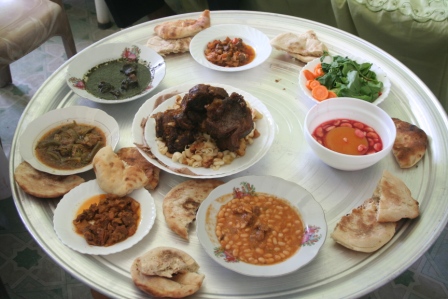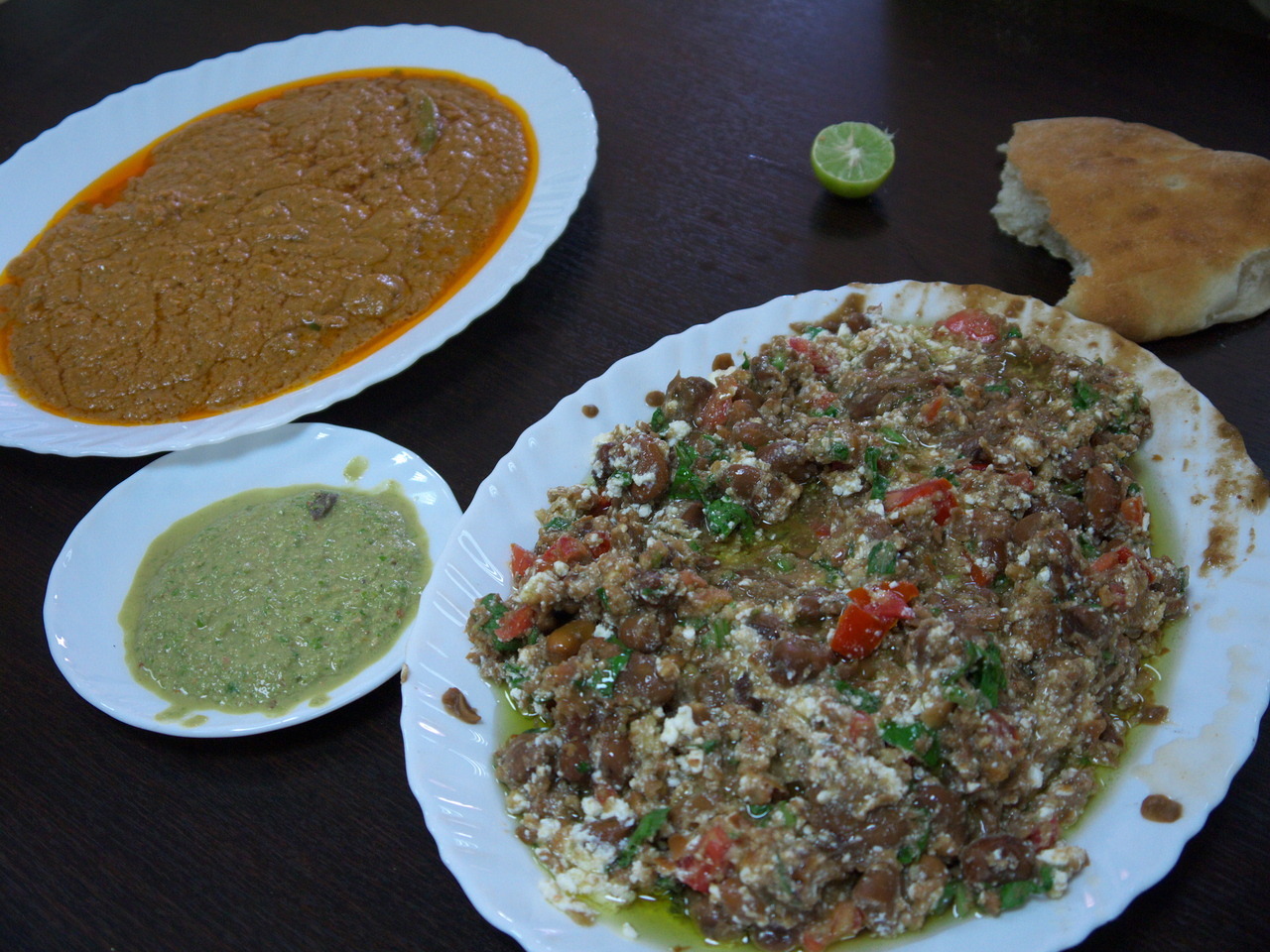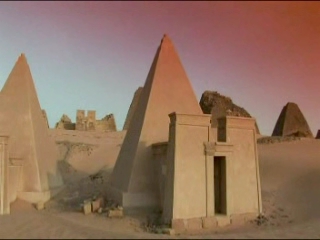Wednesday, 10 April 2013
Tourism in Sudan
Sudan is the largest, yet one of the least visited, countries in Africa. Although various ongoing conflicts mean much of this vast nation remains off limits, travel is possible in the northeast, and in parts of the south. Much of the Middle East and Africa has a reputation for warmth and hospitality but Sudan is in a league of its own, making it a joy to travel in. It is common to be invited to stay at someone's home and most rural Sudanese would never dream of eating in front of you without inviting you to join them. Talking the afternoon away over a glass or five of tea is a serious national ritual, which extends to dealings with officials. Places you could visit
National Museum and Khartoum and Omdurman



Capital City of Sudan
Khartoum is the capital city of Sudan in North East Africa. Over 1 million people live in Khartoum which is situated at the confluence of the Blue Nile and the White Nile. Khartoum was founded by the Egyptians in 1821 and became the capital of Sudan upon independence from the British in 1956. Khartoum is said to derive its name from the thin spit of land at the convergence of the rivers, which resembles an elephant's trunk (khurtum).
Khartoum is really one of three cities in this area. There's Omdurman to the north-west across the White Nile, North Khartoum (the industrial heartland), and Khartoum itself on the southern bank of the Blue Nile.
 |
| Capital city of Sudan, Khartoum |
 |
| Khartoum City at Night |
Sunday, 7 April 2013
Wednesday, 3 April 2013
Tuesday, 2 April 2013
Food in Sudan
Sudanese people are very hospitable. Meals are eaten around a large, communal tray on which various meat, vegetable, salad, and sauce dishes are placed. These are eaten with the right hand, using flat bread or a stiff millet porridge known as asida or kisra. The strong Sudanese coffee is served from a special tin ‘jug’ with a long spout, known as a jabana. The coffee is sweet and often spiced with ginger or cinnamon, and is drunk from tiny cups or glasses. Fruit teas and herbal teas such as kakaday (hibiscus tea) are also popular. Most people seem to have a very sweet tooth, piling several teaspoons of sugar into their cups of tea, and enjoying sugary desserts. Peanuts, known as Ful-Sudani, are a popular snack, and can be made into delicious macaroons.




Pyramids in Sudan
Approximately 255 pyramids were eventually constructed at three sites in Nubia over a period of a few hundred years to serve as tombs for the kings and queens of Napata and Meroë. The first of these was built at the site of el-Kurru, including the tombs of King Kashta and his son Piye (Piankhi), together with Piye's successors Shabaka, Shabataka, and Tanwetamani. Fourteen pyramids were constructed for their queens, several of whom were renowned warrior queens. This can be compared to approximately 120 much larger pyramids that were constructed in Ancient Egypt over a period of 3000 years.
Later Napatan pyramids were sited at Nuri, on the west bank of the Nile in Upper Nubia. This necropolis was the burial place of 21 kings and 52 queens and princes including Anlami and Aspelta. The bodies of these kings were placed in huge granite sarcophagi. Aspelta's weighed 15.5 tons, and its lid weighed four tons. The oldest and largest pyramid at Nuri is that of the Napatan king and Twenty-fifth Dynasty pharaoh Taharqa
 |
| Nibian Pyramids at Meroe |
| Ariel view at Nebian Pyramids, Meroe |
.
Sudan Location
Sudan, officially the Republic of the Sudan and sometimes called North Sudan, is an Arab state in North Africa bordered by Egypt to the north, the Red Sea to the northeast, Eritrea and Ethiopia to the east, South Sudan to the south, the Central African Republic to the southwest, Chad to the west and Libyato the northwest. Internally, the Nile divides the country into eastern and western halves. The population of Sudan is a combination of indigenous inhabitants of the Nile Valley and descendants of migrants from the Arabian Peninsula. Arabisation has made Arab culture the norm and the overwhelming majority of the population today adheres to Islam. As a consequence, Sudan is also often considered to be part of the Middle East
Subscribe to:
Posts (Atom)


.gif)




.jpg)
_001.jpg)


.jpg)